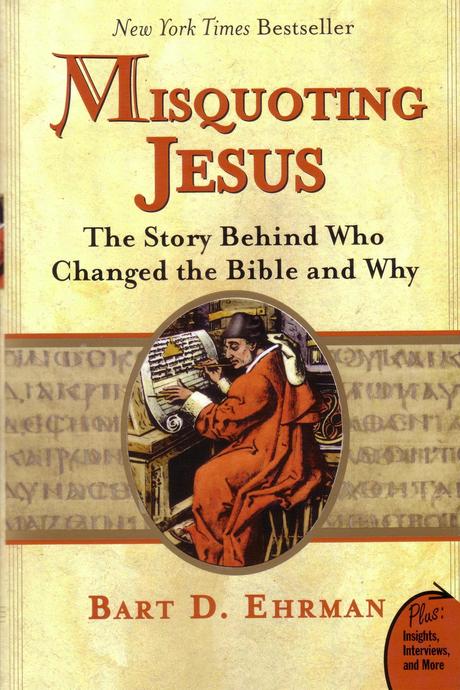
When we first started dating and talking about religion, Mr. A made it very clear that he was a staunchly Conservative Christian.
To him the Bible had been divinely inspired and should be taken literally (within reason of course). Everyone in his Church was expected to interpret the Bible in the exact same way; there was no room for personal interpretation or experience—only the “correct” way. He firmly believed that this was the “right” way and the “only” way to God and the Kingdom of Heaven.
I, on the other hand, felt very different. While Mr. A was entitled to his beliefs and interpretation of the Bible, I could not accept that there was only one “correct” way to read those scared words.
The Bible itself has been translated and changed more than a handful of times, from Greek to Latin to English to hundreds of other languages. Each time, the translator must carefully select their words making sure to capture the heart of the original text.Often times, there were not words that fully encapsulated the meaning of the original text and the translator would have to settle with the closest substitute. Other times, translators would just add new text to the Bible to give it further illumination (see Mark 16:9-20). Making what’s left a diluted version of the original.
In the early days of our relationship, we spent an enormous amount of time arguing about the effect of a singular word in a verse. The absurdity of it all was that we were arguing about a word that the original author had not even selected.
As we delved further and further into these conversations, the ridiculousness of harping on the meaning behind each word became more and more apparent. In the search for the “correct” meaning, we were missing the point.
The New Testament itself is formed by four different authors, who all witnessed similar events but processed them differently. The four authors, while having some overlapping stories, do not tell the exact same story. They do however all include the important main events on which Christianity was formed—Jesus lead a group of disciples in performing miracles and preaching throughout Jerusalem and he was later crucified and rose from the dead.
So if these four authors do not have the exact same story, what does that mean for common age Christians?
Well, from my perspective, it means that there is no one “correct” way to interpret and experience Christ’s story. Granted there are basic principles that all Christians should agree on but the rest of it isn’t something on which we should hinge our faith.
The four separate gospels exist to show us that God and Christ move people in different ways and that is okay. Similarly, when we read the Bible, we are all moved by the Spirit in different ways. I can read a passage and come away with a message that’s different from yours and that is okay.
If it was meant to be so straightforward, would Jesus have spoken in such mysterious parables? I mean how many times does he answer a question with a question?
The point is that God and Christ did not want to give us all of the answers, they want us to work towards the answer. It’s the path to Christ and God, not the end result that matters. Because faith unexamined, unquestioned, and unchanged is faith observed blindly.
Throughout several long conversations dissecting every detail discussed above, I think Mr. A and I now really have come to view the Bible differently.

For him, his eyes were really opened when he read the book “Misquoting Jesus.” The author delves into the incorrect translations and the misgivings of the early scribes and translators that have left our common era Bible riddle with errors. In exploring those errors, I think Mr. A finally came to realize the fallibility of the text that we have left.
All we can do now is allow the words to speak to us and enlighten our Spirit in whatever way God intends us to feel them. The most important thing is to give ourselves the space to let the words marinate.
Do you have trouble with reading the Bible literally?
